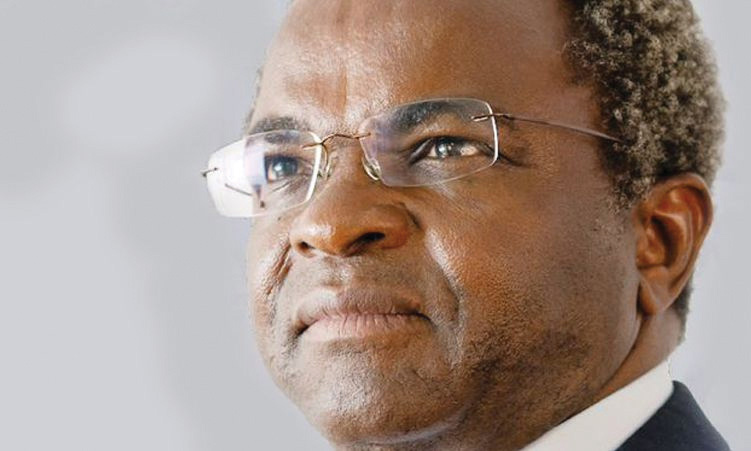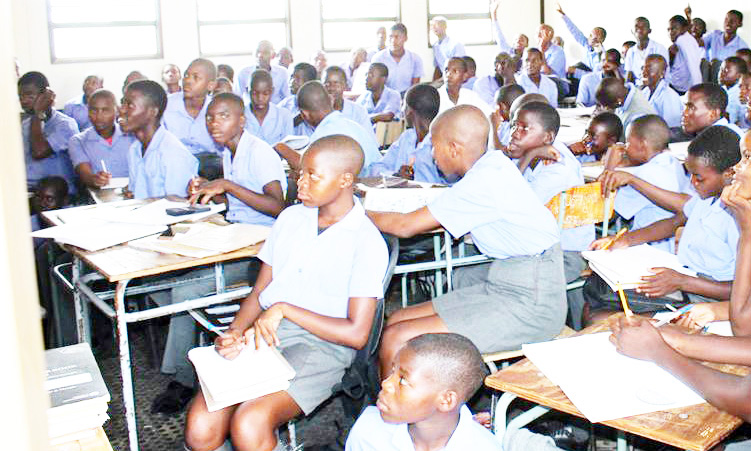A FRIEND of mine from Cameroon who I considered to be a radical Pan-Africanist recently made the following shocking remark to me: ‘Alfredo, you are from southern Africa. Can you please explain how South Africans arrived at Jacob Zuma? I thought that they were sophisticated people’.
His main worry was that South Africa’s democracy was under threat with Jacob Zuma. I reassured him that Jacob Zuma is not a threat to South Africa’s democracy. He does not have the authoritarian or the big-man tendencies that we see on the African continent, notably in my friend’s Cameroon. In addition, South Africa has strong institutions and a dynamic, independent civil society. But this discussion, in essence about Jacob Zuma and his portrayal in the world media, made me think about comments made by our Justice Minister Pendukeni Ithana a few weeks back in which she abhorred in the National Assembly the negative portrayal of African leaders by the mainstream international media. She also went on to critique local media for not showing the images of protesters at the 60th anniversary of NATO who set buildings alight in Strasbourg early April this year, and not to mention the London protesters during the G20 meeting during that same week. She may have a point with regard to local media, but CNN, the BBC and France 24, including the local print media, were laced with these images and analyses. To reinforce the point, I must emphasise that Paris can be a messy place during strikes and protest. A case in point is that in addition to the Gendarmes surrounding the Sorbonne, a private security company assumed duty to augment existing security arrangements (unfortunately all these new security guards are Africans). Angry employees facing retrenchments etc lock company bosses up overnight in offices. I can go on and on, but I am not sure if this will a go a few miles in satisfying our Justice Minister. I am not even too sure if a negative portrayal of the West will serve as therapy for our leaders – or if it will show to our citizens that we are doing fairly well. After all, we will wake up the following morning with more pressing problems than the West. Perhaps she wanted to say that if they portray us badly, we should also beam the worst about them: an eye-for-an-eye scenario. On the whole, her worry is granted and legitimate – Africa must also be portrayed in a positive light. African role models and leaders who are doing well must be promoted and must be seen in the mainstream international media.However, I don’t believe that this would go a long way in attenuating the negative image the world has of Africa as long as exemplary leaders remain an exception rather than a rule. There is no global media conspiracy to portray Africa as the hopeless continent or as a scar on the conscience of the world as Tony Blair would put it, or worse, France’s Sarkozy’s postulation of Africans as not yet having entered into history. What is said about Africa is not invented: we live on the only continent that will not meet the Millennium Development Goals. We live on a continent that is left out of the global economy. We still live on the continent whose citizens risk their lives on fragile boats to reach the shores of Spain. We need to accept these facts as a basis to go forward. Instead of moaning about how we are portrayed, much of the work that will define how future generations will be perceived by their counterparts in the West or Asia may have to start with ourselves and how we craft responses to the challenges facing Africans. The Chinese in particular and the South-East Asians in particular provide interesting insights in how respect is earned in international relations. Instead of remaining in meaningless Cold-war logic and ideological debates about ‘them’ and ‘us’, ‘revolutionaries and reactionaries’ or requesting pity in how they are portrayed, the Chinese went back to the basics. The dictum was to work quietly, pragmatically and focus on the giant leaps that define great nations. We need to do what is right and urgent, and not focus on the inconsequential. * Alfredo Tjiurimo Hengari is a PhD fellow in political science at the University of Paris- Panthéon Sorbonne, France.
Stay informed with The Namibian – your source for credible journalism. Get in-depth reporting and opinions for
only N$85 a month. Invest in journalism, invest in democracy –
Subscribe Now!










